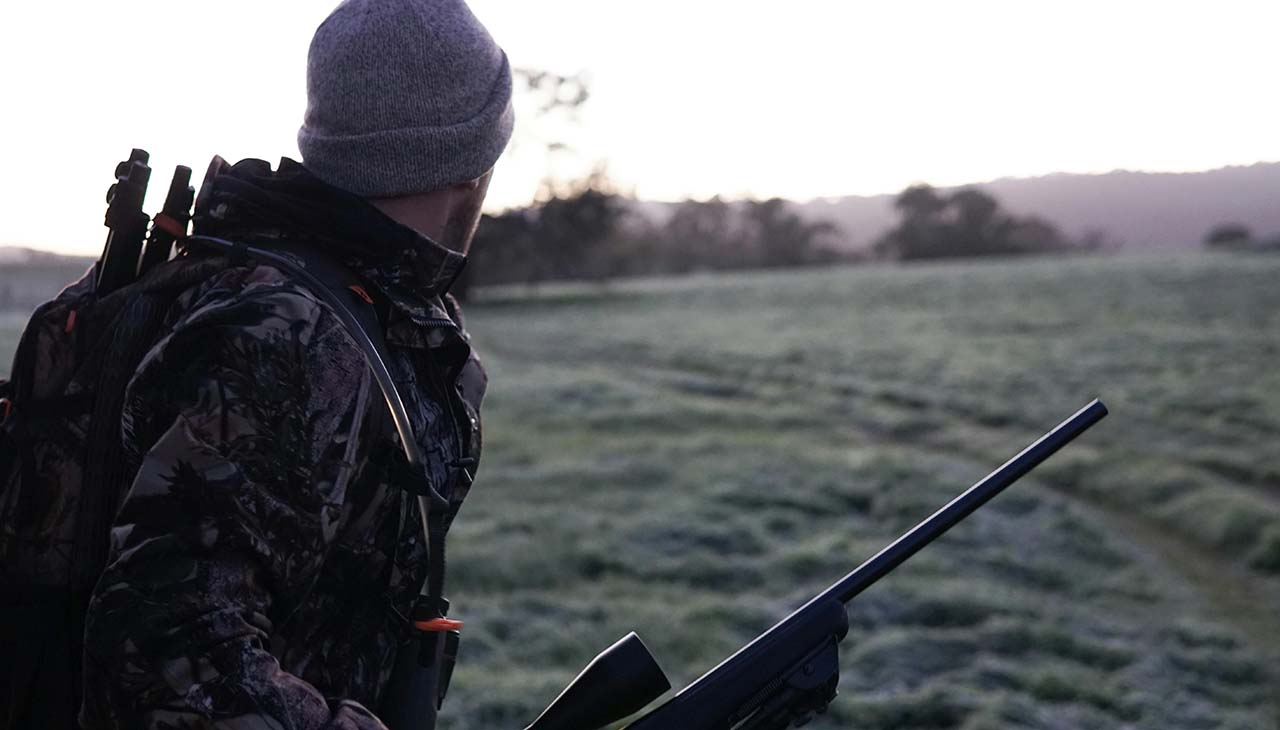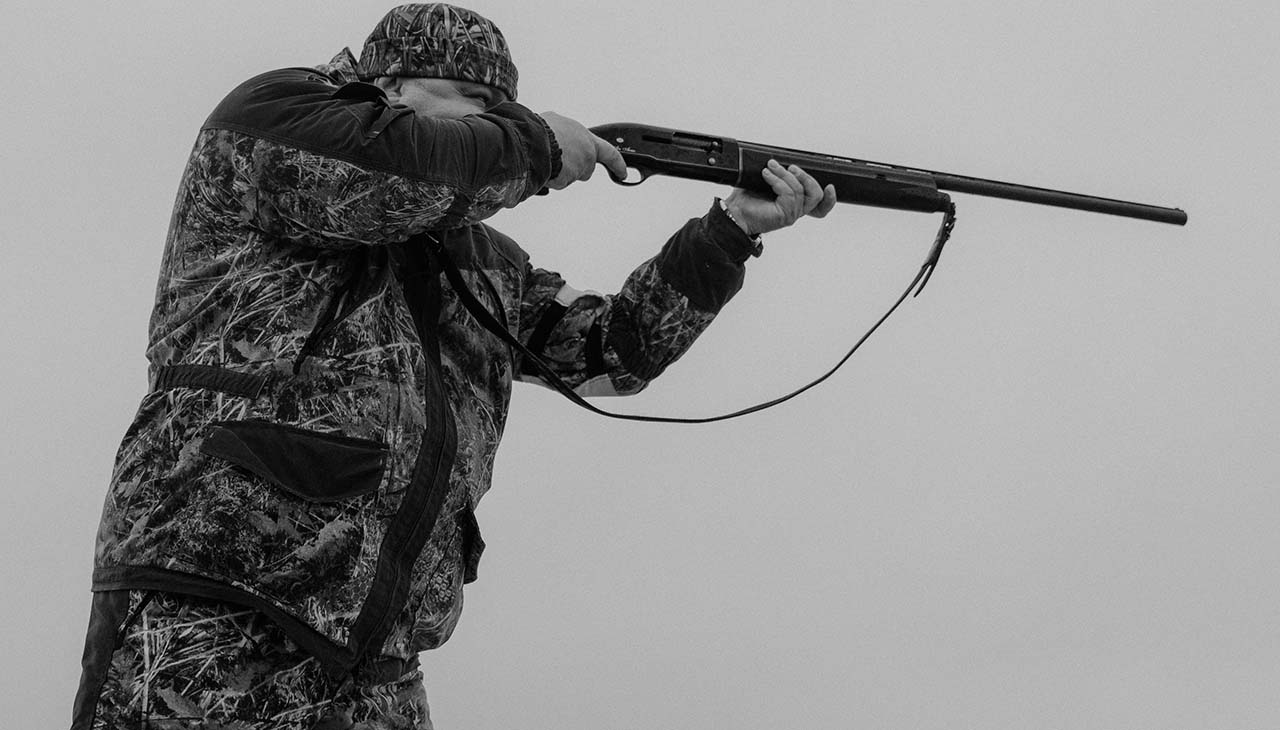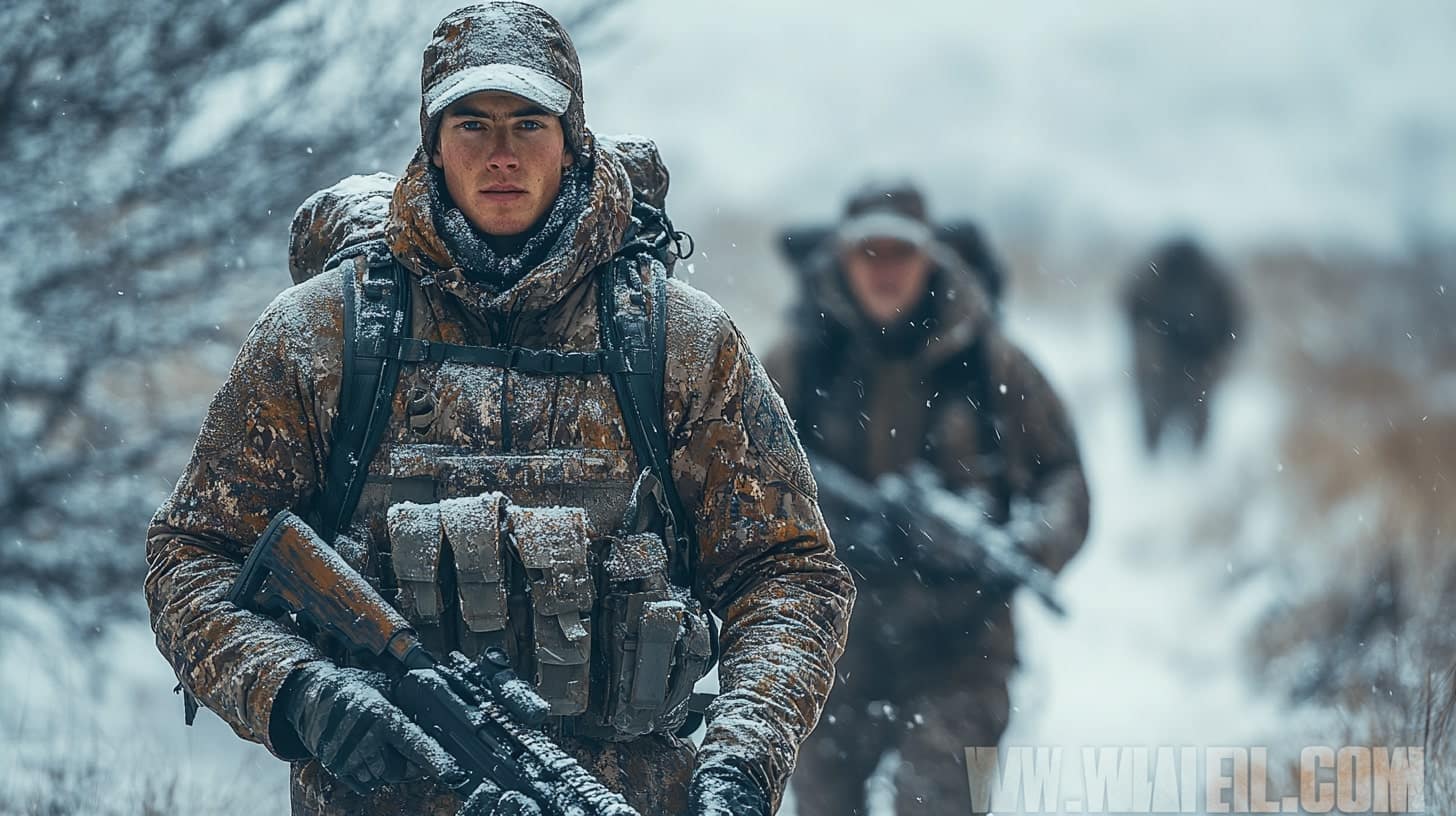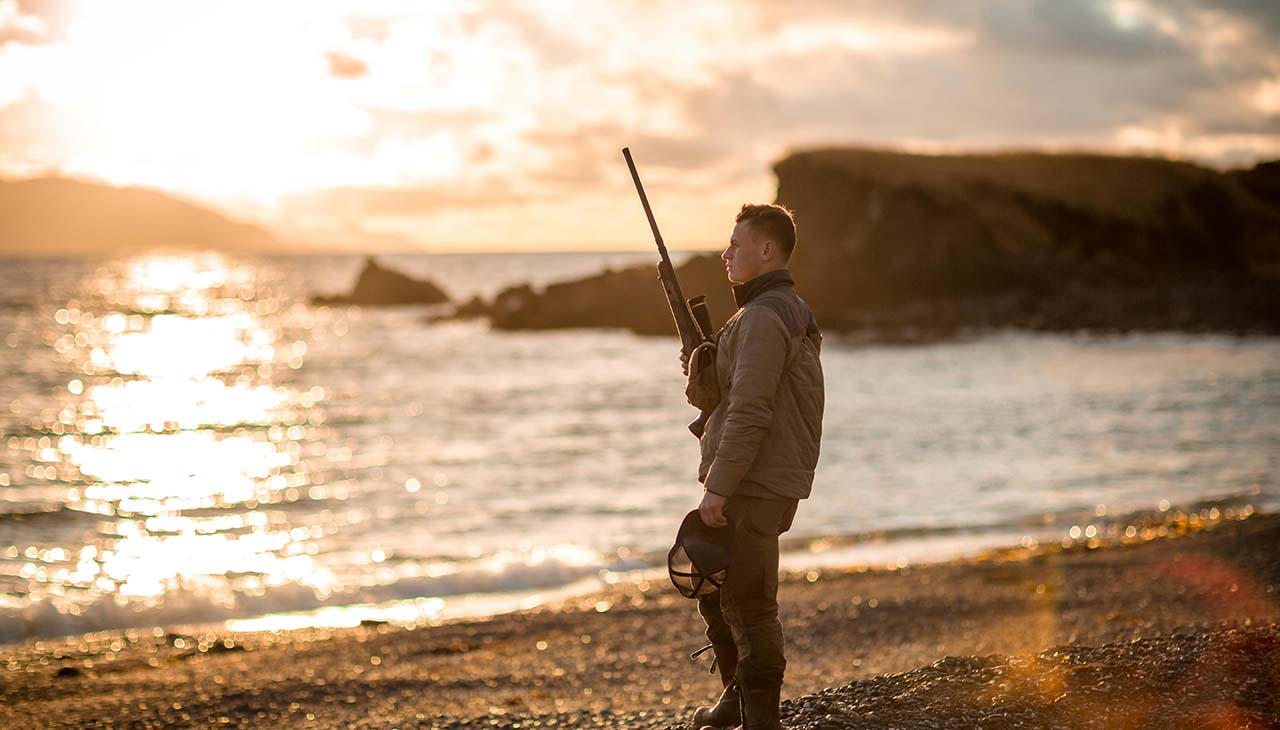Introduction to Ethical Hunting and Its Importance
Ethical hunting is more than just a hobby for many; it’s a deep-seated commitment to respecting wildlife and their habitats while engaging in one of humanity’s oldest activities. It’s about making responsible choices that minimize harm and maximize respect for the creatures we hunt and the environment they inhabit. This guide aims to provide actionable advice on selecting the best gear for ethical hunting, ensuring that every hunt is conducted with the highest standards of respect and sustainability.
The Gear Essentials for Ethical Hunting
Firearms and Ammunition Selection
Choosing the right firearm and ammunition is crucial for ethical hunting. Opt for calibers that ensure a quick, humane kill, reducing the animal’s suffering. Brands like Browning and Remington offer a range of ethical hunting firearms equipped with safety features and designed for precision.
Key Points:
- Select calibers appropriate for the game you are hunting.
- Use non-toxic ammunition to prevent environmental contamination.
Optics and Scopes for Precision
High-quality optics and scopes are essential for making accurate shots, ensuring that every shot counts and minimizes unnecessary harm. Brands like Leupold and Vortex provide reliable scopes that enhance your precision.
Key Points:
- Invest in high-quality scopes with clear optics.
- Consider rangefinders to measure accurate distances.
Camouflage and Concealment Gear
Effective camouflage and concealment gear are vital for ethical hunting, allowing you to get closer to your prey without disturbing their natural behavior. Brands such as Sitka Gear and Mossy Oak offer a range of camo patterns designed for different environments.
Key Points:
- Choose patterns that match your hunting environment.
- Ensure the gear is comfortable and allows for ease of movement.
Hunting Tools: Calls, Decoys, and Scent Control
Using calls, decoys, and scent control products ethically helps lure animals within a close and ethical shooting range. Brands like Primos and Tinks offer effective tools to aid your hunt.
Key Points:
- Use calls and decoys specific to the species you are hunting.
- Employ scent control products to minimize human scent detection.
Apparel for Comfort and Stealth
Proper hunting apparel is crucial for both comfort and stealth. Look for apparel that is weather-appropriate, durable, and blends well with your hunting environment. First Lite and Kuiu offer high-quality hunting apparel designed for various conditions.
Key Points:
- Layer your clothing to adapt to changing weather.
- Ensure your apparel provides adequate protection and mobility.
Sustainability and Ethical Considerations in Gear Selection
Materials and Manufacturing Processes
When selecting hunting gear, consider the materials and manufacturing processes used. Opt for gear made from sustainable materials and manufactured through eco-friendly processes.
Key Points:
- Choose gear made from recycled or sustainable materials.
- Support companies with transparent and ethical manufacturing processes.
Endorsement of Fair Trade and Eco-Friendly Brands
Support brands that endorse fair trade practices and prioritize environmental sustainability. Brands like Patagonia and REI are known for their commitment to ethical practices.
Key Points:
- Research brands’ commitment to sustainable and ethical practices.
- Prioritize purchasing from companies that give back to conservation efforts.
Tips for Ethical Hunting Practices
Respect for Wildlife and Their Ecosystem
Ethical hunting extends beyond gear—it’s about showing respect for wildlife and their ecosystems. Ensure that your presence and actions have minimal impact on the environment.
Key Points:
- Avoid disrupting wildlife habitats.
- Practice leave-no-trace principles.
Importance of Proper Training and Experience
Proper training and experience are essential for conducting ethical hunts. Engage in courses and mentorship programs to enhance your skills and knowledge.
Key Points:
- Take hunter education courses.
- Seek mentorship from experienced hunters.
Adhering to Hunting Laws and Regulations
Always adhere to local hunting laws and regulations. These rules are in place to ensure sustainable hunting practices and the preservation of wildlife populations.
Key Points:
- Stay updated on hunting regulations in your area.
- Obtain the necessary licenses and permits.
The Role of Technology in Ethical Hunting
GPS Devices and Mapping Tools
GPS devices and mapping tools are invaluable for ethical hunting, helping you navigate and track your movements without disturbing the environment. Devices from Garmin and OnX Hunt are widely trusted.
Key Points:
- Use GPS to plan your routes and avoid sensitive areas.
- Utilize mapping tools to mark important locations and sightings.
Trail Cameras for Wildlife Monitoring
Trail cameras allow you to monitor wildlife activity without intrusion, providing valuable insights into animal behavior and movement patterns. Brands like Bushnell and Stealth Cam offer reliable options.
Key Points:
- Set up trail cameras in strategic locations.
- Review footage to understand wildlife patterns.
Ethical Hunting Apps for Planning and Safety
Ethical hunting apps provide a wealth of information and tools for planning and executing safe, responsible hunts. Apps like HuntStand and ScoutLook offer features such as weather forecasts, moon phases, and mapping tools.
Key Points:
- Use apps to enhance your planning and decision-making.
- Share your plans with others to ensure safety.
Conclusion and Call to Action
Encouraging the Use of Ethical Gear
Using ethical gear not only benefits the environment but also enhances the overall hunting experience. Encourage your fellow hunters to invest in high-quality, sustainable gear.
Promoting Sustainable Hunting Practices
Sustainable hunting practices ensure that future generations can enjoy the same experiences and benefits from wildlife. Practice and promote ethical hunting to preserve this tradition.
Invitation to Share Ethical Hunting Stories and Tips
We invite you to share your ethical hunting stories and tips. Your experiences can inspire and educate others in the hunting community.



